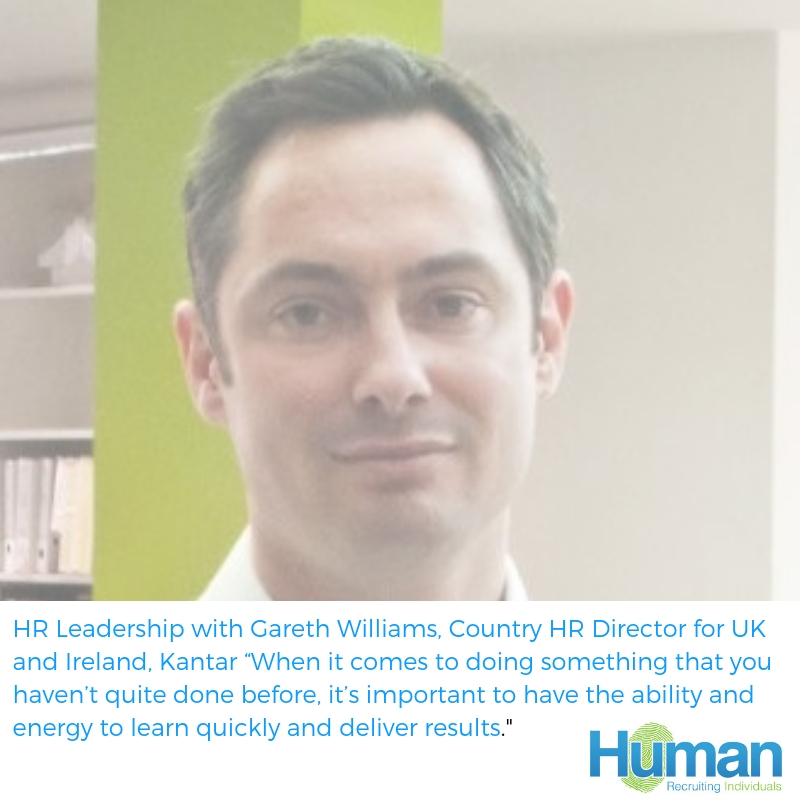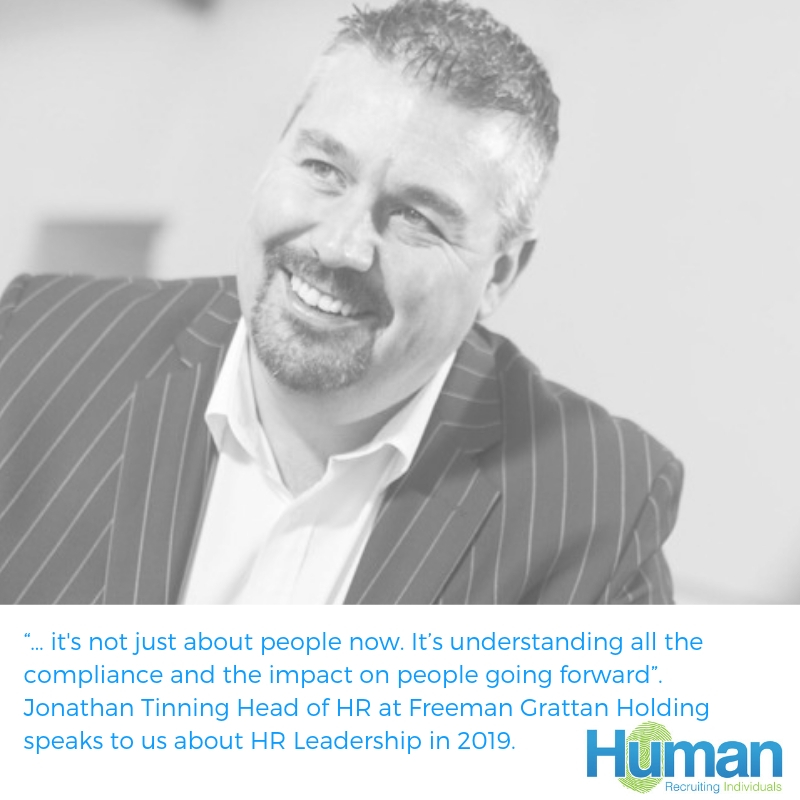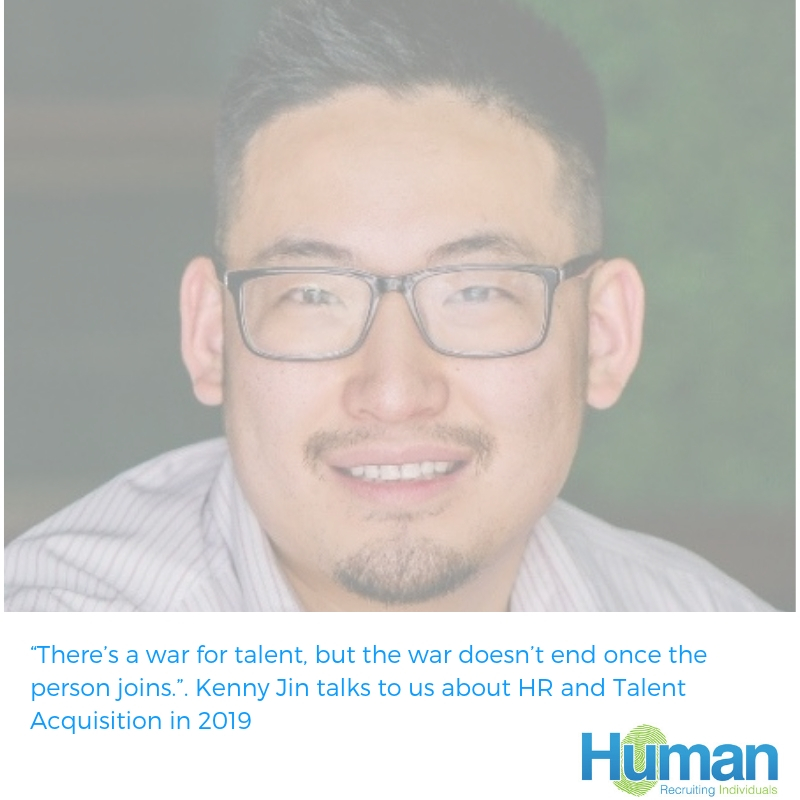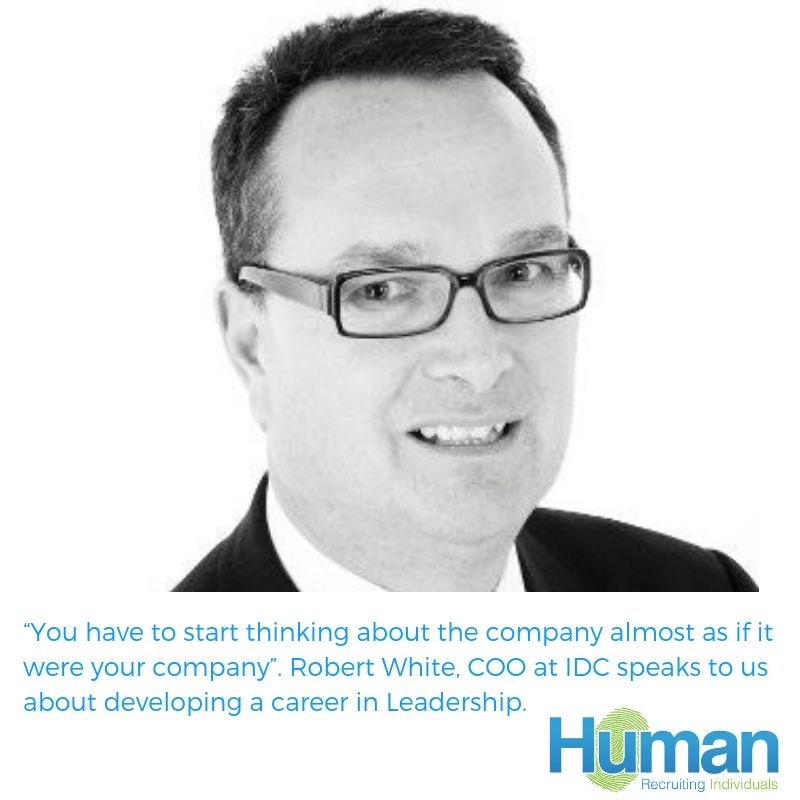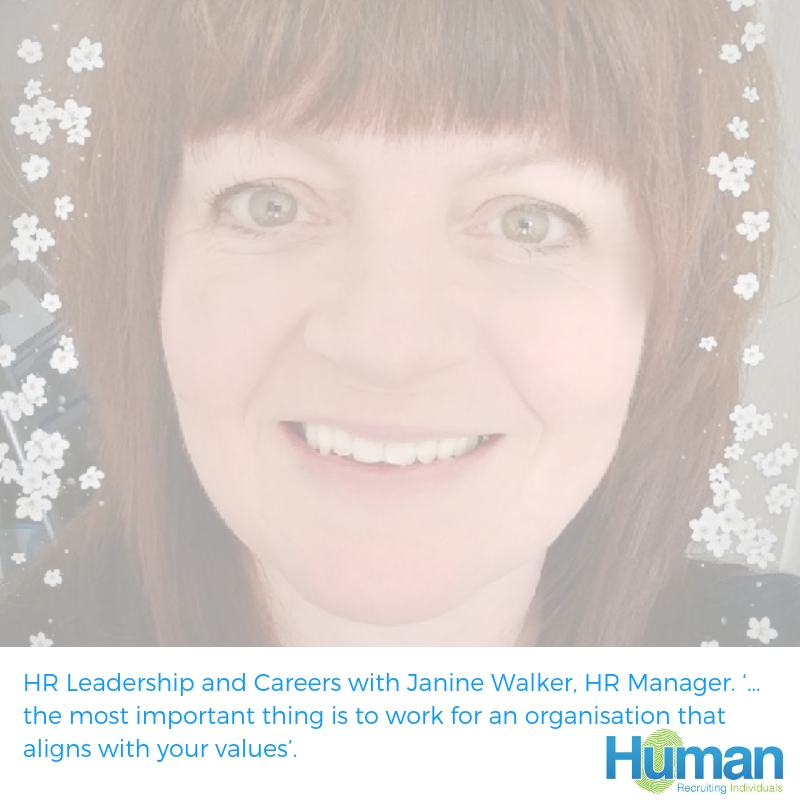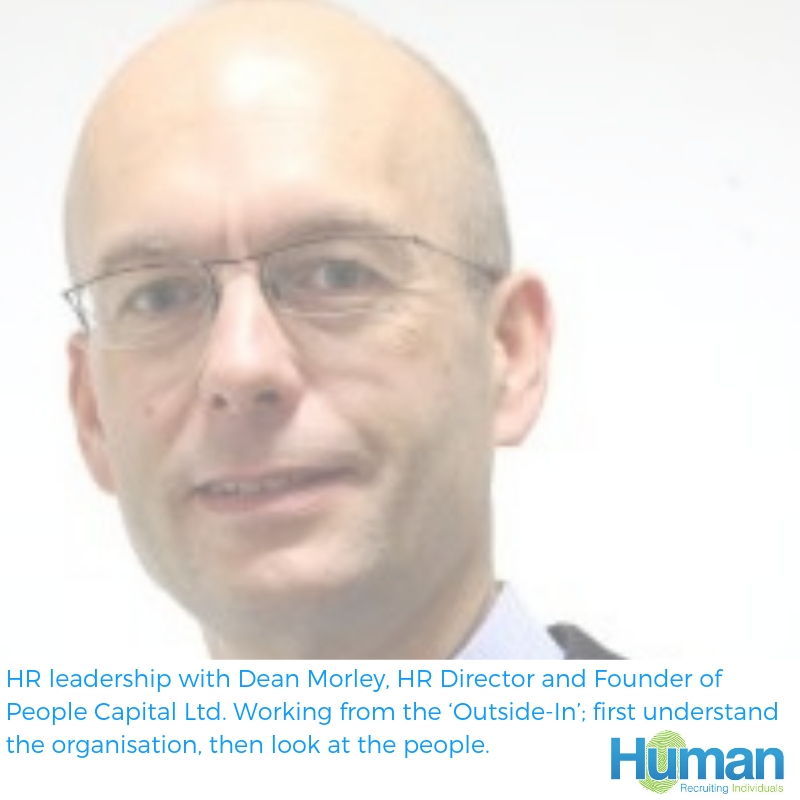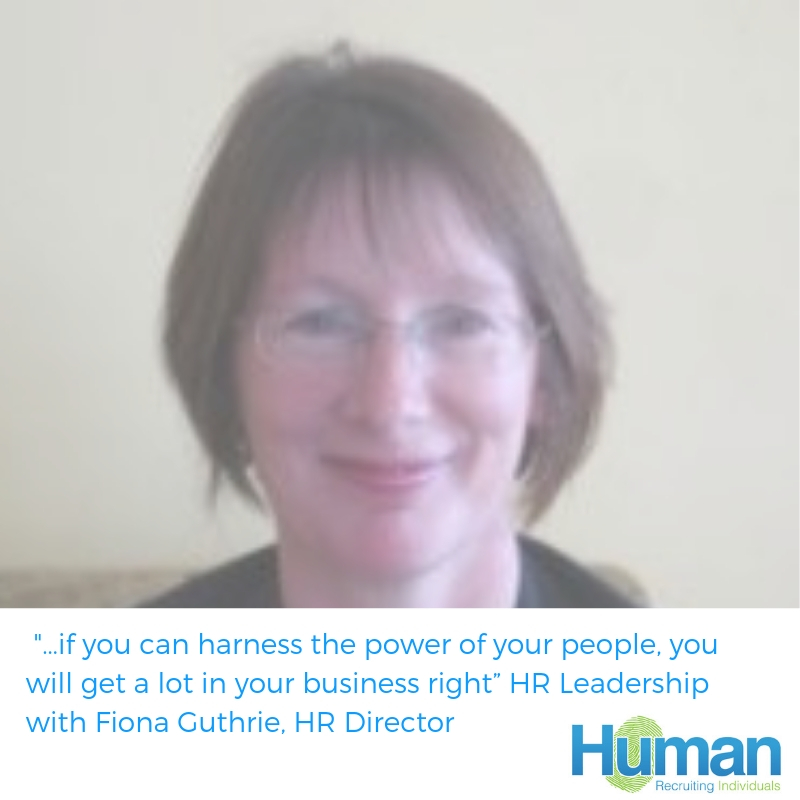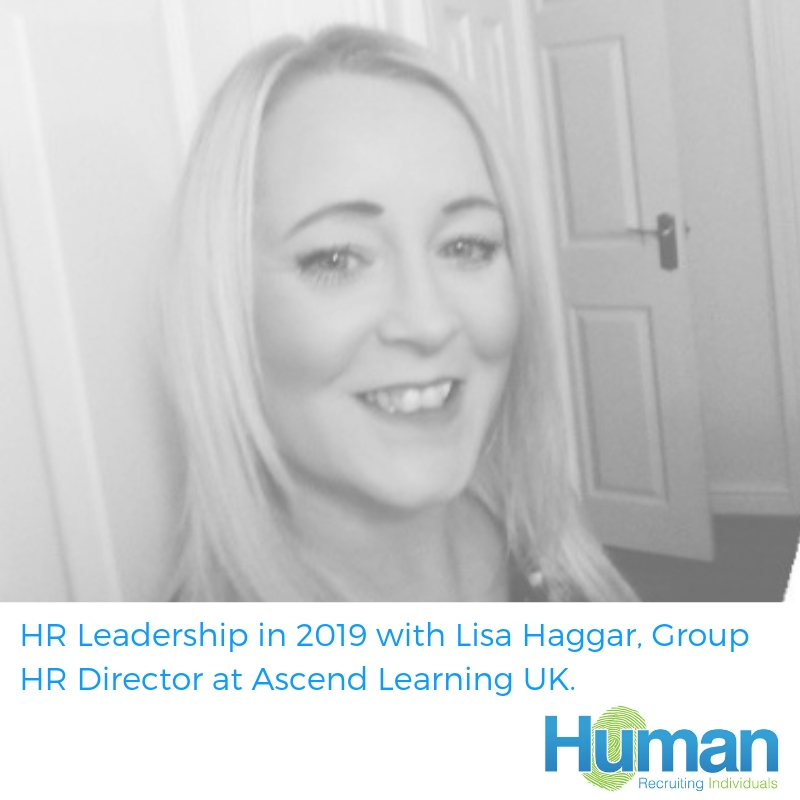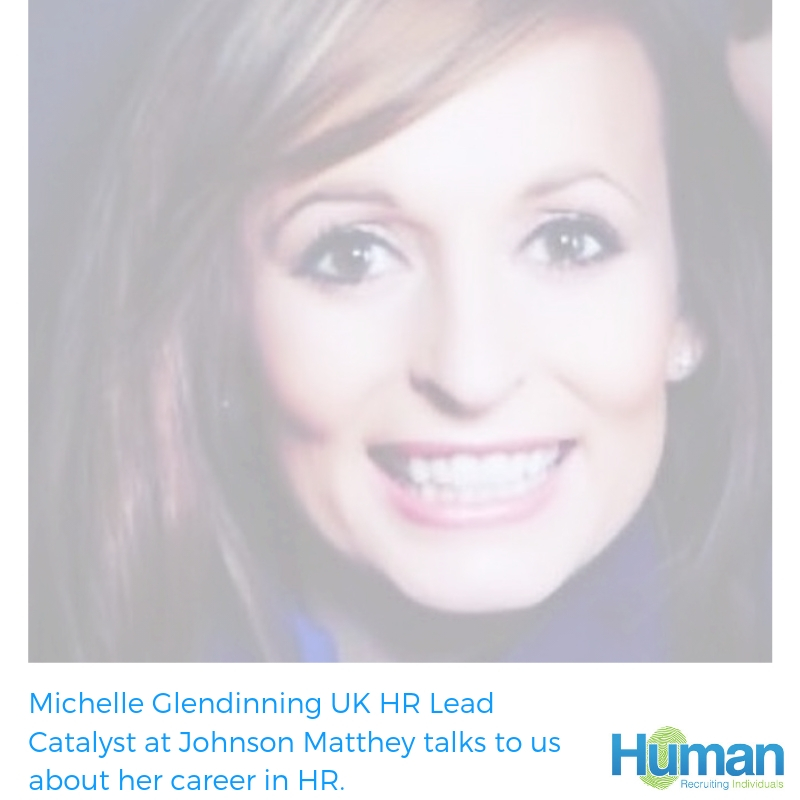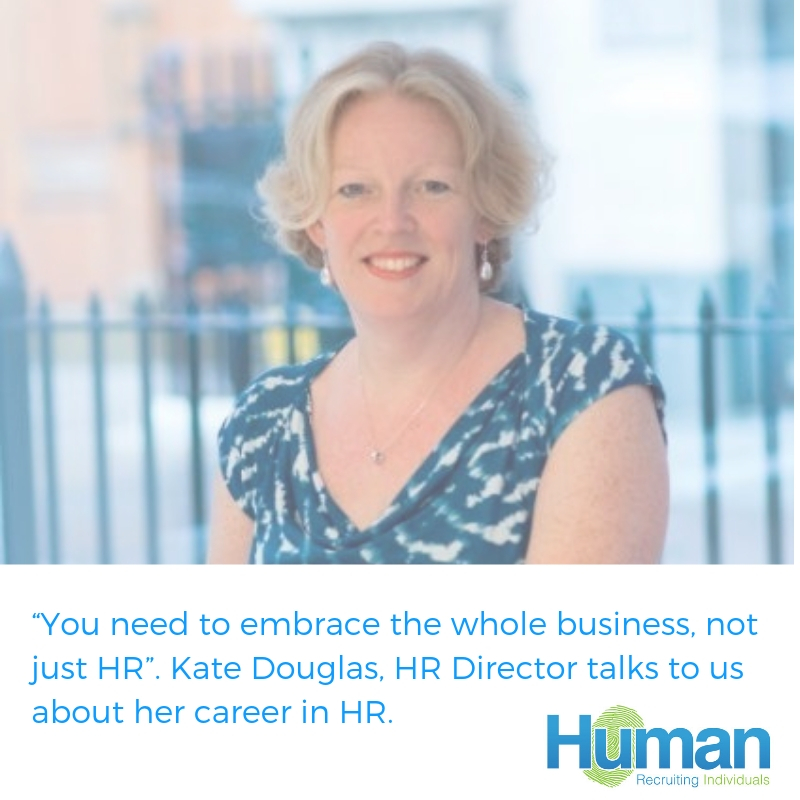HR Leadership with Gareth Williams, Country HR Director for UK and Ireland, Kantar “When it comes to doing something that you haven’t quite done before, it’s important to have the ability and energy to learn quickly and deliver results.”
As part of our commitment to supporting candidates to develop fulfilling careers, we’ve invited several HR Leaders to share the secrets of their success. This week we had a great conversation with Gareth Williams, Country HR Director at Kantar for the UK and Ireland. Gareth started his career in the publishing sector working his way from Personnel Officer at Oxford University Press, to HRBP then HR Manager at RELX and then attaining his first global HRD at Informa. Over the last seven years Gareth has been serving as HR leader for large consulting firms, exposing him to different sectors like Engineering, Auditing and Market Research. Can you tell us more about your career and how you got started in HR? During my final year at school time I undertook work experience in the Employment Department of a law firm in Oxford. I was interested in studying law at university but said the overwhelming message I took away was “Whatever you do, don’t do a three-year law degree. It’s incredibly boring! Study something you enjoy, and then do your CPE later.” So, I studied History at Exeter University with that intention in mind. During my time at Exeter I lived with friends who we were studying Law And I thought, “Gosh, I don’t think I really want to cram three years into one year.” So, I explored other things.’ ‘My father was Group HR Director for Unipart in the late 80s and early 90s. At home he would talk me through fascinating work he was leading with various trade unions, employee relations, as well as the establishment of what I believe was the first corporate university. I was intrigued to hear about the impact he and the CEO had on factory productivity as a result of a major change programme. I found my Dad’s stories to be really interesting and appealing because they combined my interests in law, teaching and psychology.’ ‘In my last year at University I applied for various graduate HR roles and took up the role of Personnel Officer at Oxford University Press. I was planning to get six months’ experience before taking a gap year. But in the end, I enjoyed it and OUP liked me. They offered to support my HR studies. And that was how I got my Diploma in HR Management at Oxford Brookes.’ ‘I had a great boss at the time called John who was a lay tribunal member. I learned from him the art of good commercial judgment around employee relations cases, which I found fascinating…I spent five years there and I got involved in job design and evaluation, a lot of recruitment and I got to know the business leaders well and developed strong partnerships. I also got involved in various projects around Europe which was very interesting.’ Are there key themes or challenges in HR that you think will be prevalent in 2019 or that you’re seeing in the sector currently? ‘At Kantar we are in year three of a huge, global HR transformation where we’ve evolved from a siloed, typically reactive personnel model to a global, ‘Ulrich’ model including local HRBPs, regional Shared Service Centres supported by global Centres of HR expertise. ‘We also rolled out Workday in November across 82 countries and I was involved in a truly world-class change management approach introducing new ways of working across the UK & I. The adoption of new systems and new ways of working always take time to bed down and once they do the benefits to Kantar will be immense: shorter transaction times, greater talent data and insight will enable our business development and delivery teams to foster even closer relations with our clients and have quality coaching conversations with their teams. Workday will also remove from HR much unwieldy administration and allow us to spend much more time pro-actively engaging with managers around subjects like culture change, talent management and personal development as well as offering our colleagues a first rate employee experience. What career advice would you give someone who is looking to take the next step up in their career or someone who’s just starting out in HR? ‘I think when it comes to doing something that you haven’t quite done before, it’s important to have the ability and commitment to be able to learn quickly and deliver results. In my opinion if you want the HR Director role then the ‘B’ of Business Partner is fundamentally important. You can develop this through active listening and spending time with the sales and product development teams. Another key partner is the CFO. HRDs and CFOs working closely together can bring transformative insight to the Board and help you develop as a rounded business partner.” Good HR technical expertise is of course very important, but you must translate that commercially. It’s key that you quickly understand your CEO’s immediate and longer-term strategic goals. This could be challenges like growing market share, digitisation, moving into new markets, or acquiring a competitor. This context is a key differentiator at HRD level. Start with the Board’s ambitions, diagnose the current talent, structure, systems and culture and then work with the Board to identify where to play in order to achieve the vision.’ Gareth has been with Kantar since the second half of 2016. He leads a team of 45 HR professionals and also looks after Kantar’s HR Shared Service Centre. He is responsible for 4,800 employees across all nine of Kantar’s Operating Companies. If you would like to have a confidential conversation about your career or would like to understand how Human can support you in growing your team, please get in touch today.

